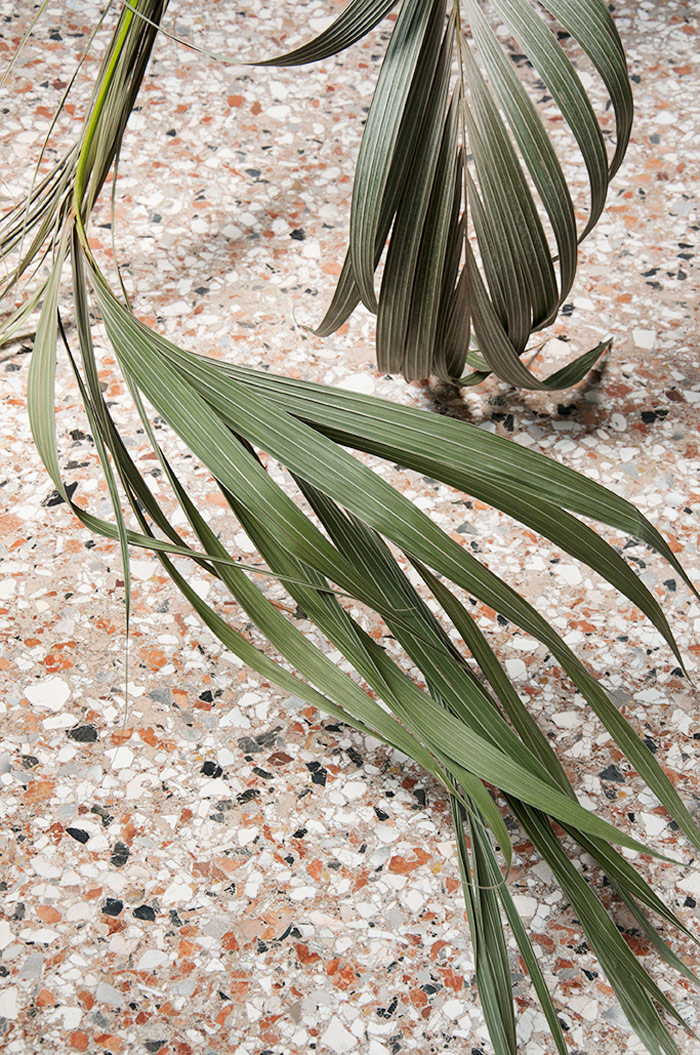
Opinion
Technology has sparked a new age of experience travelling
By Bre Graham
Opinion
Technology has sparked a new age of experience travelling
By Bre Graham
Updated May 16, 2020 at 11:27 AM
Reading time: 3 minutes
Apps
Jan 23, 2019
Often when I walk around new cities that I’m visiting, in the moments where I find myself dodging selfie sticks strapped to huge glowing phones or hear my own phone ding with an email, I just sigh and wonder what travel would feel like in a world before we were so attached to technology. While there is a part of me that longs to see the streets of old cities in the height of their glamour, free of gadgets, I honestly cannot imagine travelling today without technology. Over my years of travelling, I think that it’s made the foreign feel more familiar. From using Airbnb to book people’s homes instead of hotels, online reviews to find the best food spots and Uber amazing me by working in almost every destination, technology can keep us connected with what feels familiar.
Most of my travels over the last few years have been trips I have taken alone. When you’re by yourself in a strange place, travelling alone can often be daunting. But now, thanks to smartphones you can hear a voice from your phone that tells you where to walk and what you can expect at the end of each road. As I’m about to embark on six weeks of travel, I’m thinking about how technology will impact every aspect of my time away. Will I be able to switch off from my work emails? Will I bore people on my Instagram of multiple beaches and blue skies? Will I actually experience the trip how I would have in a time before technology? I just don’t know.
I was in Venice recently, sitting in the garden of Peggy Guggenheim totally alone under a blue sky when the huge ancient bells from the church next door started ringing. It was achingly beautiful and I wanted to witness it with someone. So I picked up my phone and video called my family ten thousand miles away in Australia and we watched the birds depart the trees with each bell strike. It made the moment even better but I wonder what could have happened if I didn’t have the technology to share that moment with anyone but myself. Does technology take the chance of what could have been by always giving us an easy option to connect to something or someone? Are we less inclined to speak and socialise to people on the streets of where we’re travelling because we’re relaying our holidays to our social media minute by minute?
Statistics say that social media is now the reason we choose where we travel with ‘Instagrambility’ the number one factor in millennials choosing where to go on holidays. New innovations in technology are adapting to this. Being a tourist and travelling has completely changed in the last twenty years. With the ‘experience economy’ at the forefront of these changes, apps like Trippin coined by Refinery29 as ‘The Travel App for People Who Don’t Want to Be Tourists’ and Airbnb’s new ‘Experience’ are tapping directly into selling a personalised, customised and sometimes even algorithms driven package to us. Technology is now claiming to know better where you should travel than you do; by extending the experiences that they offer, these apps can make travel technology something that connects rather than alienates.
A truly unique travel experience is the only thing that is difficult to put a price on, so brands will always seek out ways to deliver it authentically. Companies like TravelLocal use the ability to connect communities online when people prepare for their trips, and apps like Instagram enable us to search on the ground when we’re there using the ‘geotag’ tool. Even Tinder lets you set cities so that by the time you’ve landed you can have a date for the night you arrive in some strange city. What all of these platforms are all attempting to achieve is ultimately the same goal: connecting us to people as much as to the places we’re going to.
More than often the reasons we travel are different, we can take the same trip twice and each time come away with differing experiences due to our initial motivations. But either way, if we’re travelling to get lost or going out of our comfort zone to try and find something, technology can now help us do both. It can help you skip the queue at a world famous monument by buying an e-ticket, but more than anything, it can also connect you to that person 10,000 miles away that you want to share the moment with. The unnamable thing that travel gives you can never really be locked down because it’s a feeling framed by experience. Tech companies whose products accompany us through our travels are selling something infinitely more calculated than connection: they are providing us with a personalised experience.




